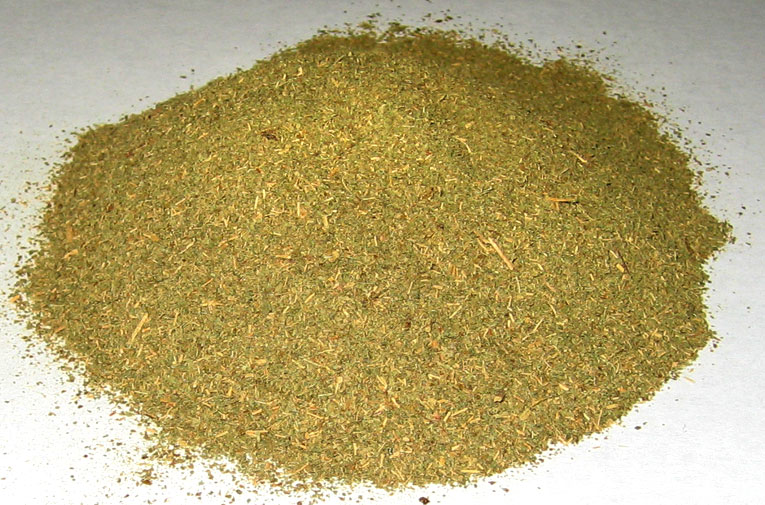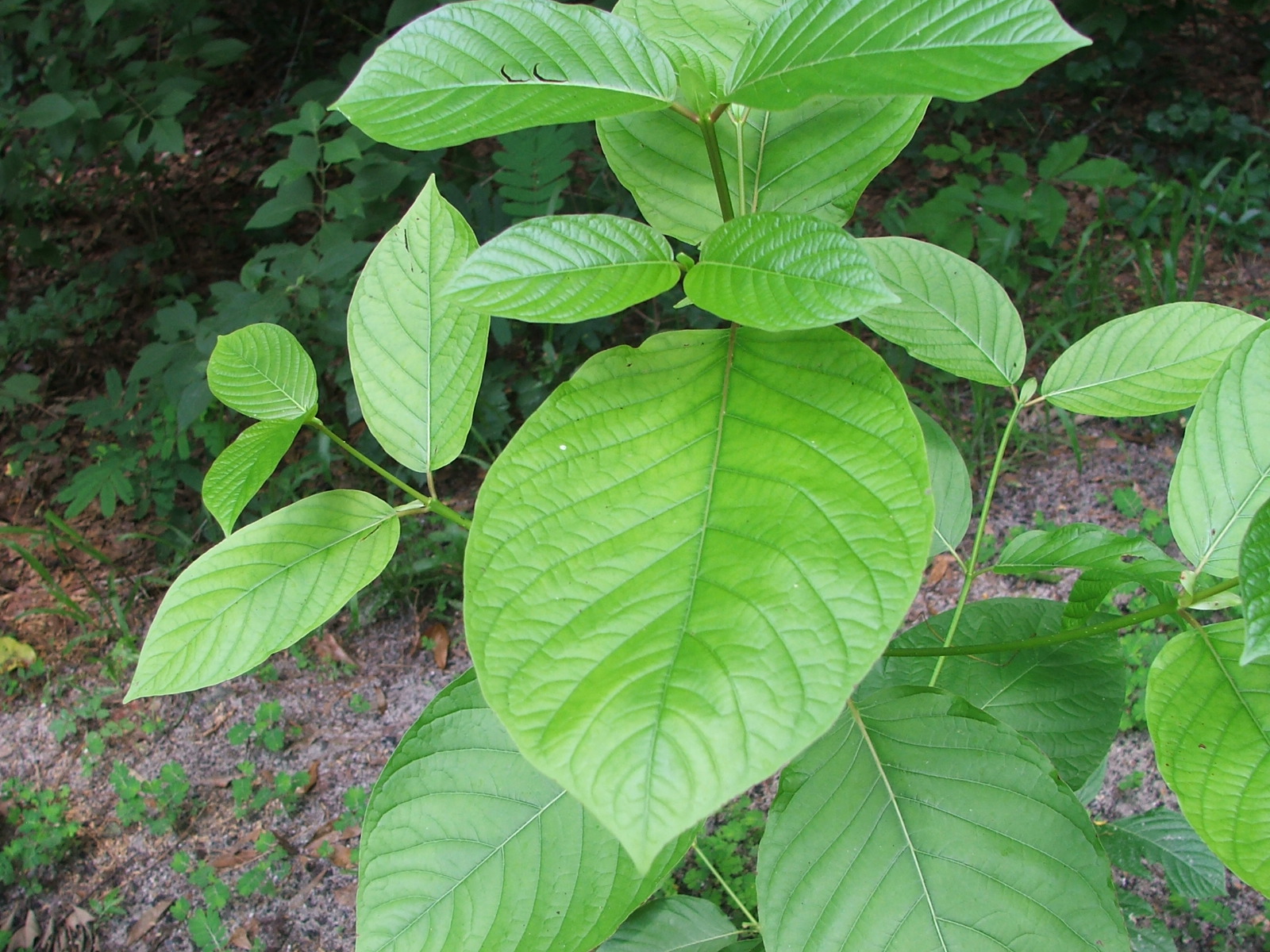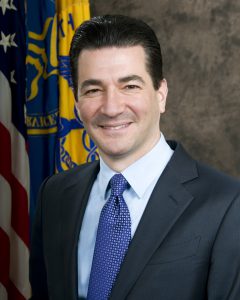FDA Ends Probe into Kratom Salmonella Link
/By Pat Anson, Editor
The Food and Drug Administration has ended its investigation of a small salmonella outbreak linked to kratom – but not without taking some parting shots at the herbal supplement used by millions of Americans to treat chronic pain, addiction, depression and other conditions.
“It appears the salmonella problem with kratom uncovered earlier this year has probably been occurring for some time and is ongoing. We have closed our outbreak investigation, concluding that anyone consuming kratom may be placing themselves at a significant risk of being exposed to salmonella,” said FDA commissioner Scott Gottlieb, MD, and Stephen Ostroff, MD, FDA Deputy Commissioner for Foods and Veterinary Medicine, in a lengthy joint statement.
The FDA ended its investigation five weeks after the Centers for Disease Control and Prevention wrapped up its own probe of the salmonella outbreak that sickened 199 people in 41 states. The CDC investigation began in February of this year, but salmonella illnesses linked to kratom were traced back as far as January 2017.
No single source of the outbreak was ever identified, but kratom was considered the “likely source.” A little over half of the 81 kratom samples that were analyzed tested positive for strains of salmonella bacteria.
“This means that users of these products had essentially a one in two chance of being exposed to this pathogen,” Gottlieb and Ostroff said. “The more than 50 percent contamination rate is stunningly high. It represents a level rarely seen in outbreak investigations of this nature. It shows that a high proportion of kratom being shipped into the United States may be contaminated with salmonella.”
Kratom comes from the leaves of a tree that grows in southeast Asia, where it has been used for centuries as a natural pain reliever and stimulant, particularly in rural areas of Indonesia and Thailand.
“In these locations, the plant is being grown, harvested and processed in problematic conditions that readily create the circumstance for widespread contamination with foodborne pathogens. Although some of the kratom is further processed once in the United States into capsules, powders or herbal remedies, based on our findings, these procedures do not appear to be eliminating microbial contamination,” wrote Gottlieb and Ostroff.
In recent years, millions of Americans have discovered kratom and started buying it online or in convenience stores and “head shops.” But not until this year did federal health officials show any concern that kratom products were contaminated with salmonella bacteria. Their primary focus was that kratom was being marketed as an unapproved medical treatment, particularly for pain and addiction.
The FDA has even started calling kratom an addictive “opioid,” when in reality its active ingredients are mitragynine and 7-hydroxymitragynine, two alkaloids that are believed to act on opioid receptors in the brain. Earlier this year, the FDA released a computer analysis that found kratom contains over two dozen opioid-like substances – a report that critics say was biased and amounted to “junk science.”
Over a dozen kratom products were recalled during the FDA and CDC salmonella investigations. Salmonella is a bacterial infection usually spread through contaminated food or water. Most people who become infected develop diarrhea, fever and stomach cramps. Severe cases can result in death.
There have been several other salmonella outbreaks this year, including infections linked to melons, raw sprouts, dried and shredded coconut, live poultry, chicken salad, pet guinea pigs, and Kellogg’s Honey Smacks cereal.
























